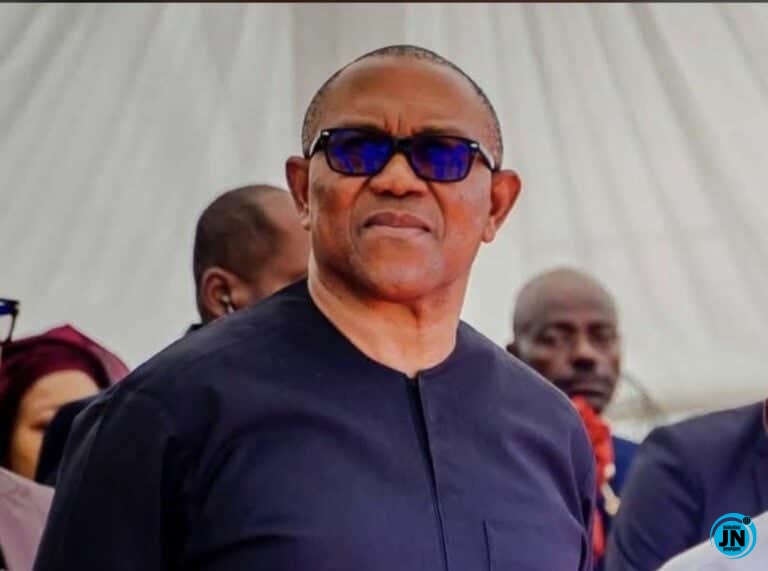Former presidential candidate of the Labour Party, Peter Obi, has addressed growing concerns in Nigeria about the country potentially evolving into a one-party state, firmly refuting claims that the recent spate of political defections signals an erosion of multiparty democracy. Obi emphasised that no single political party, regardless of the number of governors or legislators joining it, can dominate the nation simply by virtue of opportunistic defections.
Speaking to journalists on Monday, Obi highlighted the importance of the electorate in shaping political outcomes. He noted that while the ruling All Progressives Congress b has seen an influx of defections from various governors and lawmakers, this should not be interpreted as a threat to democratic diversity. “A governor’s decision to switch political parties does not automatically translate into regional capture. The electorate still decides where their loyalty lies, and Nigerians are now more politically conscious than ever before,” he said, stressing that the people’s choice remains the ultimate determinant of political power.

Nigerians now politically enlightened, says Obi
Obi elaborated that the strength of Nigeria’s democracy lies not in the numerical advantage of any political party but in the informed participation of its citizens. He pointed out that attempts to interpret defections as a sign of nationwide political dominance fundamentally underestimate the growing political awareness among voters. “People no longer follow politicians blindly,” Obi said. “They are more interested in the vision, integrity, and track record of those seeking public office.”
The former Anambra State governor urged Nigerians to remain confident in the democratic process, emphasising that current political realignments are part of an evolving system that will mature over time. He argued that while Nigeria’s political class frequently focuses on short-term gains or power consolidation, citizens are increasingly prioritising accountability, transparency, and governance competence when making political choices. “The electorate is more informed today, and they assess candidates based on the tangible impact of their leadership,” Obi explained.
Defections won’t change political realities
Addressing the trend of more governors and lawmakers joining the APC, Obi insisted that Nigeria’s political framework is far too complex to be dominated by one party. He highlighted that genuine political influence derives from performance, trust, and public approval rather than mere numbers or party expansion. “Real political strength comes from governance that positively impacts the people, not from the accumulation of political officeholders under one banner,” he said.
Obi also stressed the need for governance to prioritise citizens’ welfare over political consolidation. He reminded politicians that public trust and sustainable development are key to long-term political relevance. “What truly matters is good governance,” he said. “The people will always align with parties and leaders who genuinely improve their living conditions, not those who merely expand their political network.”
Concluding his remarks, Obi called on political leaders to focus on strengthening democratic institutions, promoting inclusive growth, and rebuilding trust between the government and the populace. He emphasised that multiparty democracy in Nigeria is resilient and that informed citizens will ensure that political competition remains vibrant, diverse, and accountable, regardless of temporary shifts in party membership.